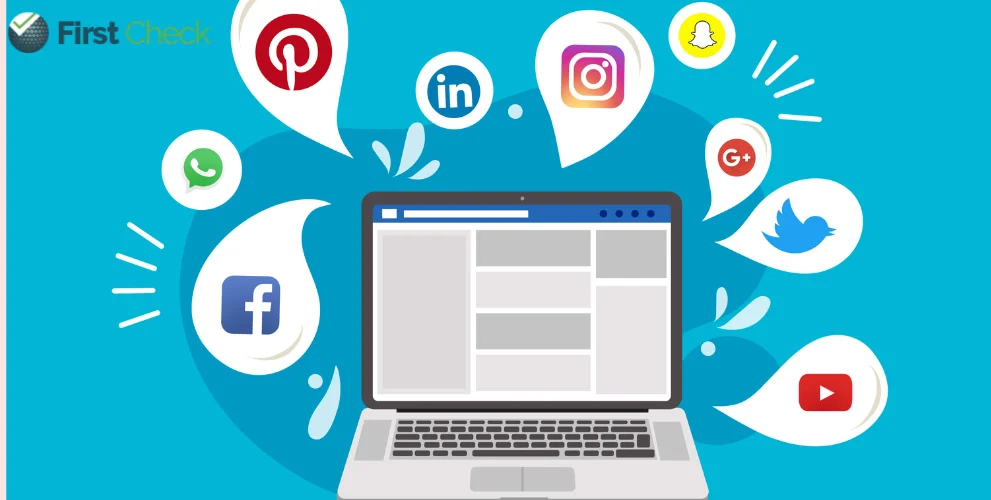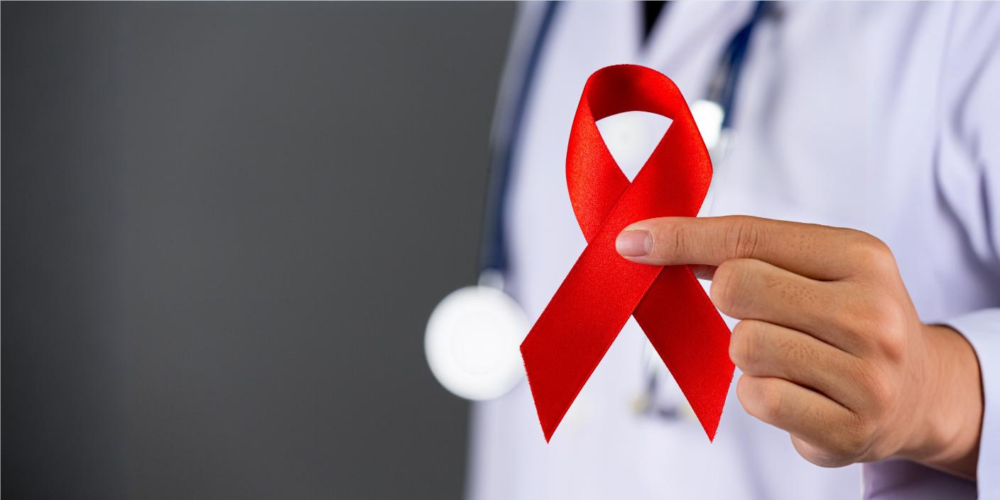Social cues shape perceptions of online information: Study
Author
Author
- admin / 2 years

- 0
- 3 min read

Author
By acknowledging the social aspects of online information consumption, the researchers contend that we gain valuable insights into our susceptibility to misinformation.
In today’s digital age, social media platforms have become central to how we consume information. Yet, the role of social cues and source credibility in shaping our perceptions of online content often goes unnoticed. An interesting study published in Nature earlier this year sheds light on how these factors significantly influence our vulnerability to misinformation and underscores the need for targeted interventions to address this pressing issue.
Here are the key insights from the study:
The power of social cues
Social cues, such as likes and comments, serve as subtle indicators of consensus and endorsement within our social circles. Interestingly, it’s not just the activity itself that sways our perception, but the explicit endorsement of a headline that increases our belief in its accuracy. This highlights the persuasive power of social validation and the importance of perceived consensus in shaping our judgments about information online.
The importance of source credibility
The credibility of the source plays a crucial role in determining the trustworthiness of information. Individuals are more likely to believe content from sources aligned with their social or political affiliations, illustrating the phenomenon of confirmation bias. This predisposition to trust information that aligns with our existing beliefs underscores the challenges of combatting misinformation in an increasingly polarised online environment.
Nuances in influence
However, not all social cues are equally influential. The study emphasises the significance of perceived consensus over mere activity, highlighting the nuanced ways in which social factors shape our susceptibility to misinformation. Understanding these subtleties is essential for developing effective strategies to counter the spread of health misinformation online.
By acknowledging the social aspects of online information consumption, the researchers contend that we gain valuable insights into our susceptibility to misinformation. A comprehensive approach that considers the interplay of social factors is essential for navigating the complexities of the online world and developing effective strategies to combat health misinformation.
To tackle the pervasive influence of social factors on misinformation, targeted interventions are needed. We need to raise awareness about the persuasive power of social cues and how they can be manipulated is crucial in fostering a more discerning online community. It’s also important to promote critical thinking by empowering social media users with skills that empower them to scrutinise information beyond social cues and source affiliation, enabling informed health decision-making.
Similarly, social media platforms can play a proactive role in mitigating the influence of social cues by adjusting algorithms to de-emphasise their impact and promote diverse viewpoints. Together, we can build a more resilient and informed digital community.
Read More: Lessons in fighting health misinformation from Nigeria









